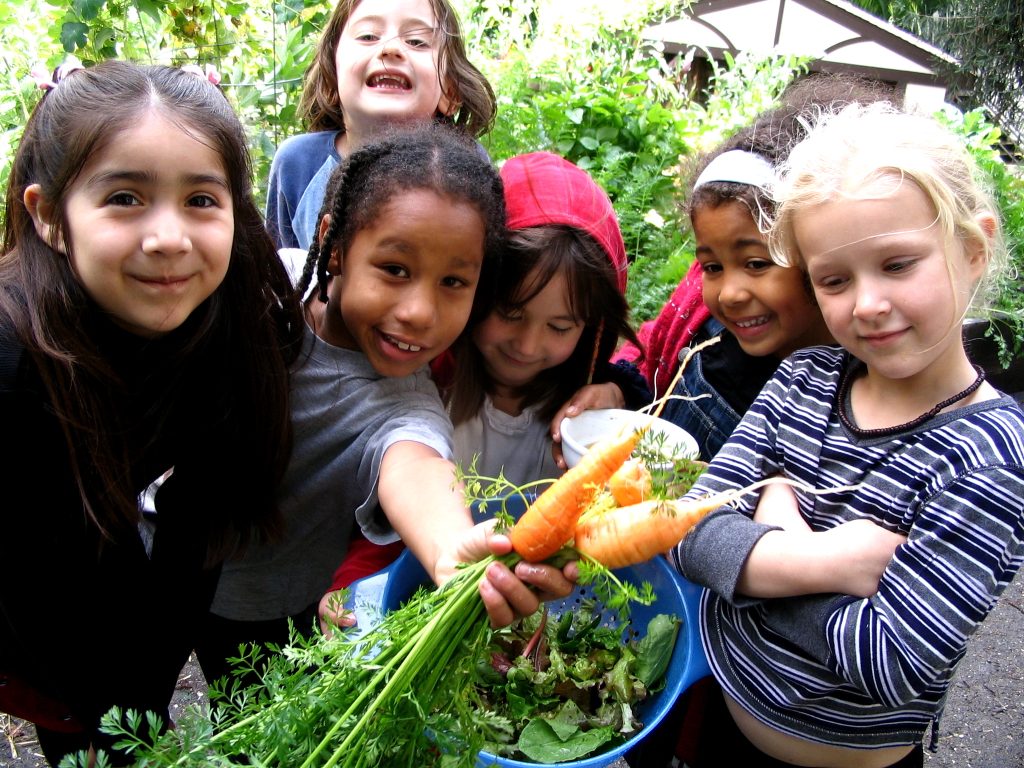4.5 School Age Nutritional Practices

As children and their families transition into kindergarten learning spaces nutritional practices change. School age children typically bring lunch and snacks from home to be eaten at designated time periods throughout the day. This may present challenges for families facing food insecurities. Children are required to use additional self-help skills to manage lunch bags and containers. Supervision and support may be reduced as children age through the school system, providing challenges with inclusion and food shaming. Before and after school programs are licensed and must follow the Child Care and Early Years Act (2014). Children enrolled in licensed before and after school programs tend to experience similar nutritional practices as those they experienced in licensed early years settings.
Educators need to be aware of challenges that may arise with school age dietary practices and be equipped to have difficult conversations with children and families. Breakfast and lunch programs have been implemented in some schools to ensure all children have access to nutritious snacks and meals. Children need to be nourished in order to engage and learn prompting some school boards to adopt programs to ensure children receive food, free of charge, while at school.
Children may not bring lunch or may bring lunches with food that lacks nutrients essential for healthy growth and physical well-being. Peers may notice and tease or shame a child for what they bring from home. Educators must be equipped to address these issues as well as implement preventative strategies to avoid food shaming amongst peers. Educators engage in ongoing communication with families to share resources and find solutions to meet the nutritional needs of each child.
Peers may also tease a child whose lunch looks unfamiliar. Children from various cultural backgrounds come together to learn in Ontario schools. Educators and school administrators have a responsibility to ensure cultural values and traditions are celebrated. Learning about one another’s nutritional practices enriches the learning space and provides students with knowledge about different ways of being in this world. Beginning in the early years settings, children need to be exposed to a wide variety of foods and learn to celebrate the cultural traditions of others. This sets the stage for a more inclusive lens in children entering the school system. Ongoing EDI (equity, diversity, and inclusion) education in the school age years reinforces this knowledge and awareness, resulting in less food shaming or bullying.
Read
Read and interact with the information shared in the following link about The Lunchbox Shaming Research Project (TMU, 2022). Reflect on the questions posed in the link, Food Studies Case: School Lunchtime.
Children in kindergarten and the younger grades may avoid eating food from home if they are unable to open the containers or do not have the utensils necessary to eat the food provided. Educators working with younger children in the school system may need to support young children in accessing their lunches. Additionally, as stated in The Lunchbox Shaming Project (2022) schools in Ontario may not be set up to serve food that needs to be heated. A child may be sent to school with food that needs to be opened with a can opener or needs to be heated in a microwave. The school facilities are not typically set up to support students in this manner. Most before and after school programs provide snacks for school age children.
The time allotted for snacks and lunch is very limited in schools causing children to miss eating large portions of their meals from home. Families may require additional information from school administrators to support their understanding of what is manageable for children during mealtimes. Educators, school administrators and families may want to advocate for longer lunch periods to ensure children’s nutritional needs are being met, along with fulfilling their social and cultural needs by having the opportunity to enjoy the food they are eating while engaging with their peers.
Another challenge that arises in the school age population is body shaming. This happens in younger age groups as well but with more independence in school age children there is the opportunity for less supervision leading to potential body shaming occurrences. Preventative measures can be implemented in the early years as well as in school age programs to provide awareness and guidance around body shaming.

